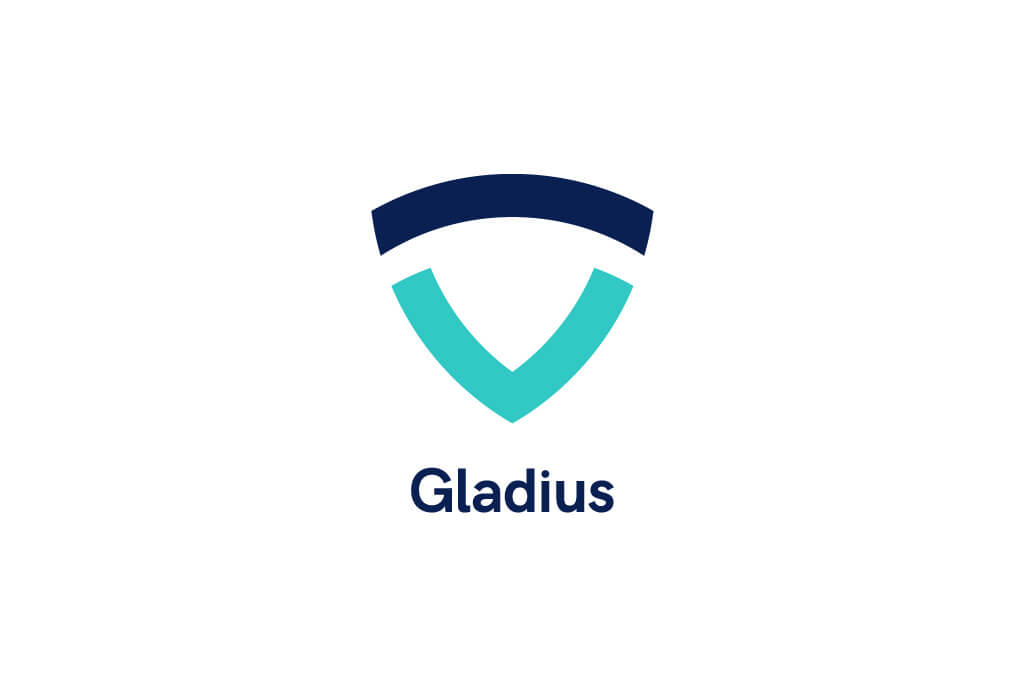
Please check out latest news, expert comments and industry insights from Coinspeaker's contributors.
Blockchain startup Gladius plans to revolutionize the CDN and DDoS protection industries by making them cheaper, faster and safer.

Imagine a world where you are able to sell something you don’t need and will never use, and at the same time help other people around the globe get a massive discount on something they desperately need. That’s exactly what Gladius is planning to do for the internet community and cyber security.
The startup is working on a platform that will allow users to monetize their spare bandwidth (like Filecoin did for spare hard disk space) to help safeguard and accelerate websites by making a decentralized CDN and DDoS mitigation service. On the other end, websites will purchase CDN or DDoS protection services for an affordable cost.
To put simply, DDoS attacks simply exhaust the available network or server bandwidth, so the website can’t cope with the “flood of requests”. On the content delivery front, CDNs help accelerate websites through caching the heavy static files in data centers distributed throughout the world so that they load closer to your location.
The problem is, these services are quite expensive (especially for large websites). Theoretically, they can be much more effective and safe. Luckily, Blockchain holds the future.
And so, Gladius plans to revolutionize the CDN and DDoS protection industries by making them cheaper, faster and safer.
Traditional DDoS (distributed denial of service) attacks have gotten more and more powerful lately, and the cost and impact of them has increased as well. The average cost of a DDoS attack these days is $500,000, and they are happening with far greater power.
Additionally, the length of time for the DDoS attack has increased dramatically too. While previous attacks lasted just a few minutes, according to recent statistics, more than half of DDoS attacks now last between six and twenty four hours.
Wish such massive assets on the line, and with increasingly powerful attacks surging, the need for solutions is growing exponentially. DDoS attacks use a pool of compromised computers or systems (botnets) to target a single system (generally a company server) with an inundation of data, packets and requests.
Think of it as an army of zombie devices (PCs, Smartphones, and other IoT devices) that are under the control of one hacker.
Traditional systems have sought to create enough bandwidth to absorb and sort all the incoming data while still allowing real users access. This means that, to provide ample protection for a server, a DDoS response system would require huge amounts of idle standing bandwidth, ready at any time to respond to an attack. The costs are clearly enormous.
The CDN (content delivery network) is exactly what it sounds like – a network of computers or servers that allows content to be delivered from servers that are closer to the calling system. This shortens load times and creates happy customers.
Any online retailer will tell you that the profit loss on slow load times can be huge. Load times can crush a clients’ motivation to stay on your site, and send them looking to purchase elsewhere. While the site may look great and function well, the load time can be the single greatest sales killer of all.
Traditional methods use servers or network locations stationed around the world to cache a webpage and allow the content to load for local users rapidly. This reduces load times, but the reality of a hardware-based global network can be wildly expensive.
Gladius looked at these two issues and saw a solution. Since both DDoS and CDN platforms require huge bandwidth, why not give both services together through a simple network? This provides solutions that can be customized for users on both sides.
by basically allow every computer to act as a mini node, to create a much more distributed world-wide CDN so that content caching can be found everywhere and anywhere. Result? Faster content serving.
When it comes to DDoS mitigation, users from around the world would be able to monetize and rent out their underutilized bandwidth to pools, which will allocate the needed bandwidth to websites under DDoS attacks. The blockchain protocol also helps masking the true IP of the server, and encrypt the whole process so you have extra protection.
With huge bandwidth that can be directed where it’s needed the most, and a platform that actually pays its users (and it safer and more effective) Gladius has created the ideal tech business platform. In order to boost funding for the platform (the competitors marketcap is huge), Gladius is conducting an ICO.
Gladius’ public sale kicks off November 1 and interested parties can be access the sale on the company token sale page found here.

Please check out latest news, expert comments and industry insights from Coinspeaker's contributors.




